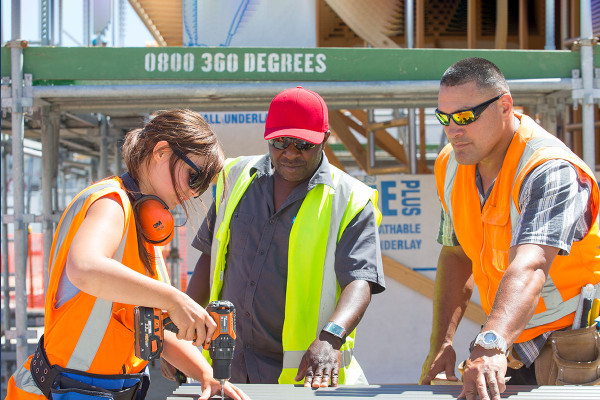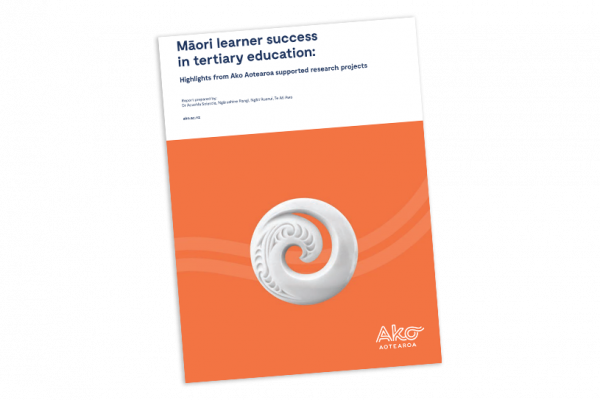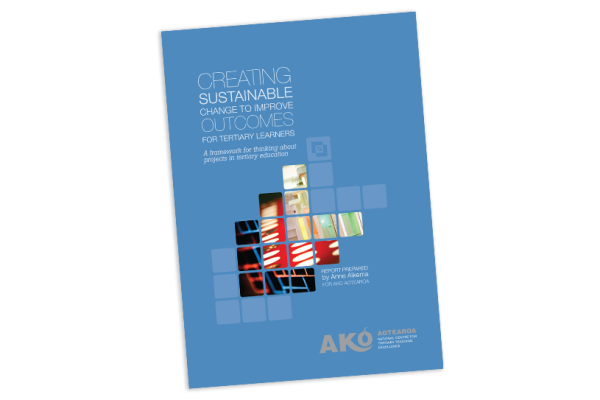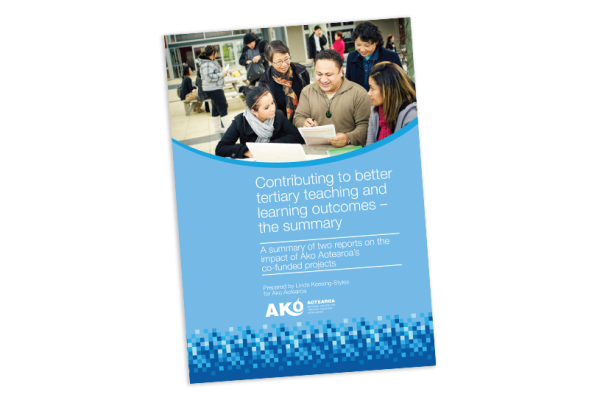The Ako Aotearoa Research and Innovation Agenda (AARIA) funded innovative, ako-centered projects that facilitate system-wide change across the tertiary education sector.
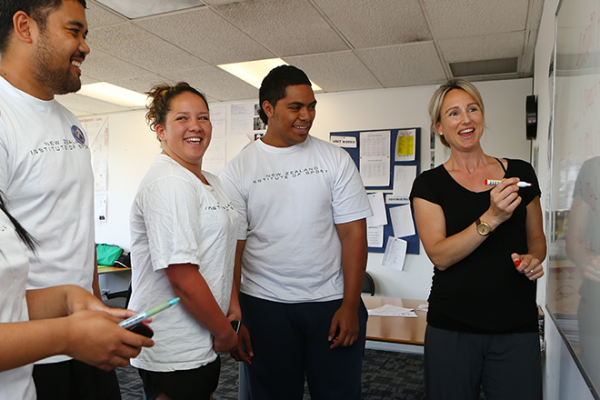
AARIA 2025 update
Following the recent announcement regarding the cessation of Government funding for Ako Aotearoa, we must unfortunately announce that we are unable to proceed with funding any new research projects from the 2025 Contestable Funding Round.

AARIA Frequently Asked Questions
On this page are some of the Frequently asked questions regarding AARIA co-funding proposals.
